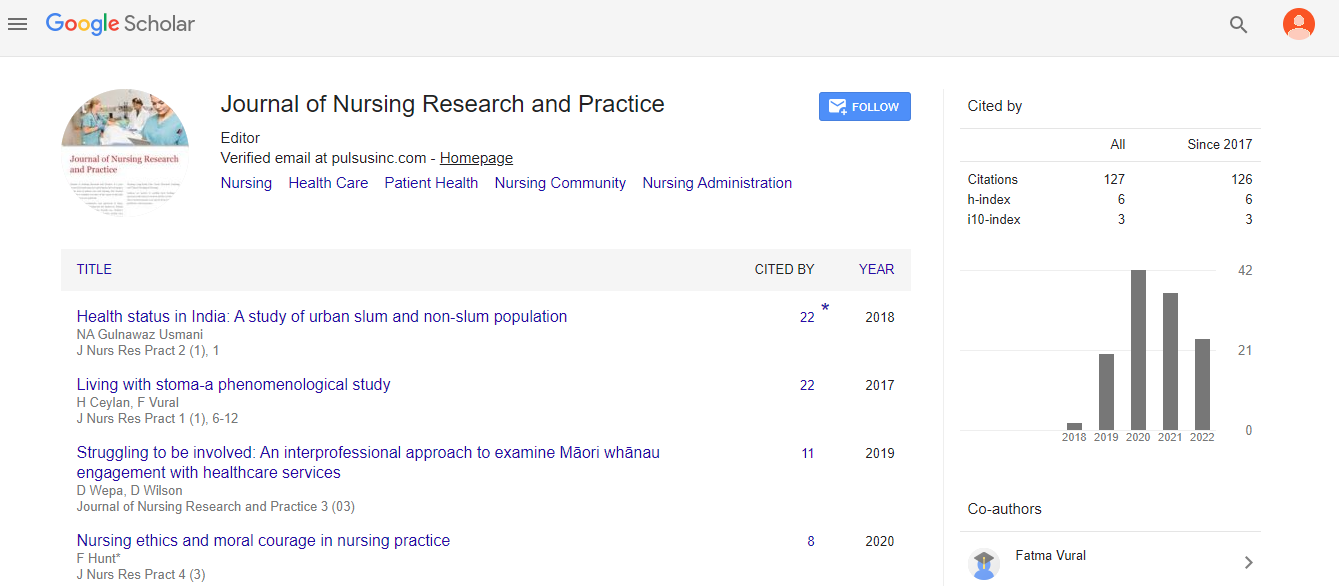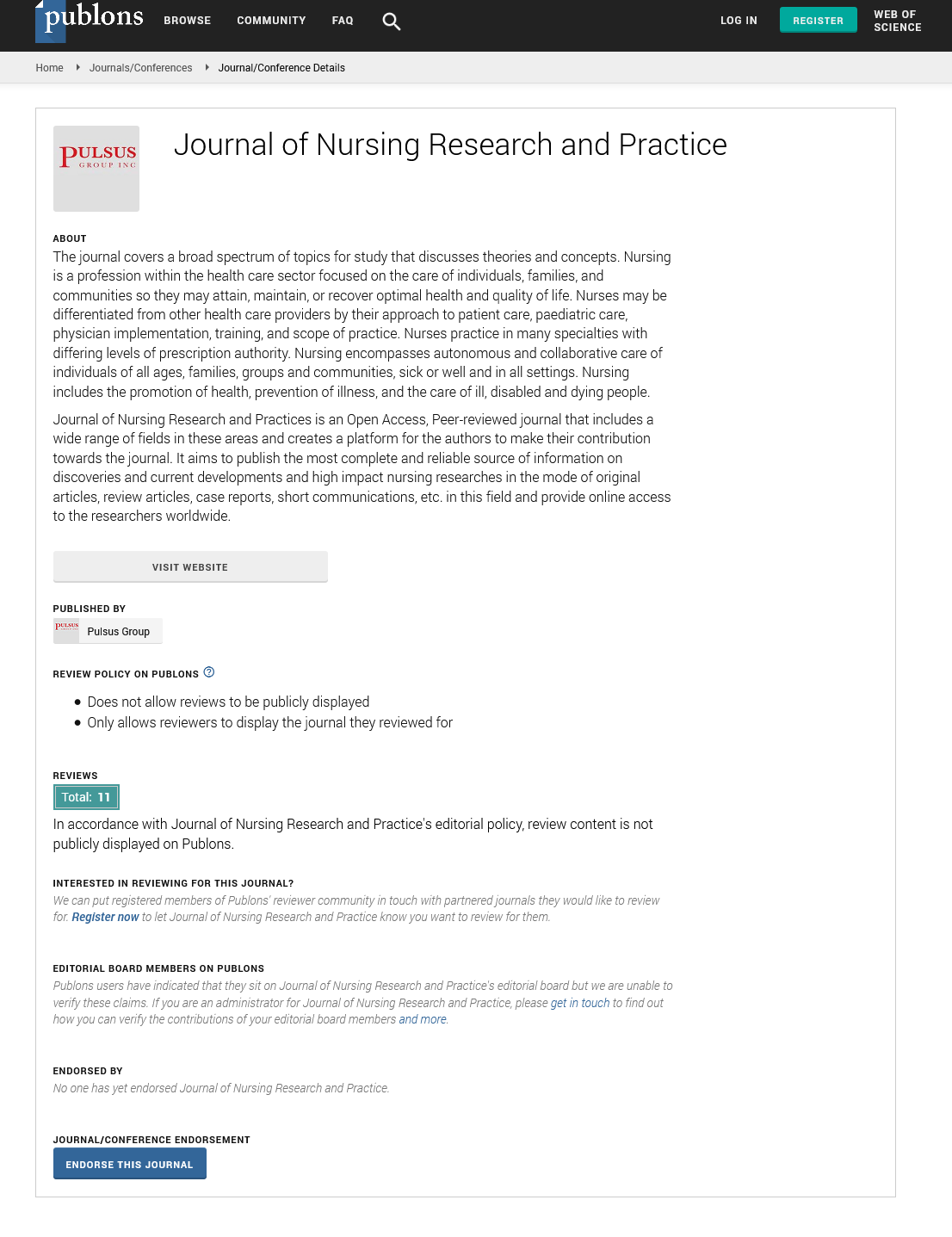
Sign up for email alert when new content gets added: Sign up
The possibility of using bioelectrical impedance analysis in the measurements of the hydration level and distribution of adipose tissue in the early puerperium correlated with mother's age
5th World Congress on Women's Health and Midwifery
January 10, 2022 | Webinar
Karolina obuchowska
The Medical University of Lublin, Poland
ScientificTracks Abstracts: J Nurs Res Pract
Abstract :
During the pregnancy the woman’s body goes through a copious number of changes. The postpartum period is the period following delivery when the maternal anatomical and metabolic changes return to the nonpregnant state. Bioelectrical impedance analysis (BIA) is used to assess the body composition and hydration status. This technique represents a non-invasive and reliable clinical approach, which is well tolerated and widely accepted by patients. The BIA method measures impedance, i.e., resistance value, caused by the difference in electrical conductivity of each type of biological tissue, e.g., fat or muscles. The purpose of this study is to present conclusions from the bioelectrical impedance analyses in the early puerperium. It seems that the BIA method can be extensively used in puerperium. In the early puerperium, after giving birth and before being discharged from the hospital, conducting BIA analysis of both body composition and hydration may give the opportunity of detecting hydration abnormalities. Breast milk consists of almost 90% of water and every day, these fluids are lost quickly from the mother’s body, while breastfeeding. As the risk of dehydration may lead to decreased amount of breast milk, it is important to maintain an appropriate hydration level during breastfeeding. As a results of own research, BIA measurements on patients from the Department of Obstetrics and Perinatology and available literature it was noted that the amount of extracellular water and intracellular water and fat tissue distribution, measured using BIA, may be affected by the age of the mother. In addition, BIA performed during puerperium does not raise any ethical dilemmas, because the patient has already given birth.
Biography :
Karolina obuchowska is a 3rd year medical student of Medical University of Lublin in Poland. She is also a member of Student’s Scientific Association at the chair and department of obstetrics and perinatology at the Medical University of Lublin. Her supervisor is Assoc. Prof. Zaneta Kimber-Trojnar, MD PhD, a specialist in obstetrics and gynecology as well as in endocrinology, author and coauthor of original, review papers and case reports (IF = 99,7; h- index by Web of ScienceTM Core Collection database: 13).





